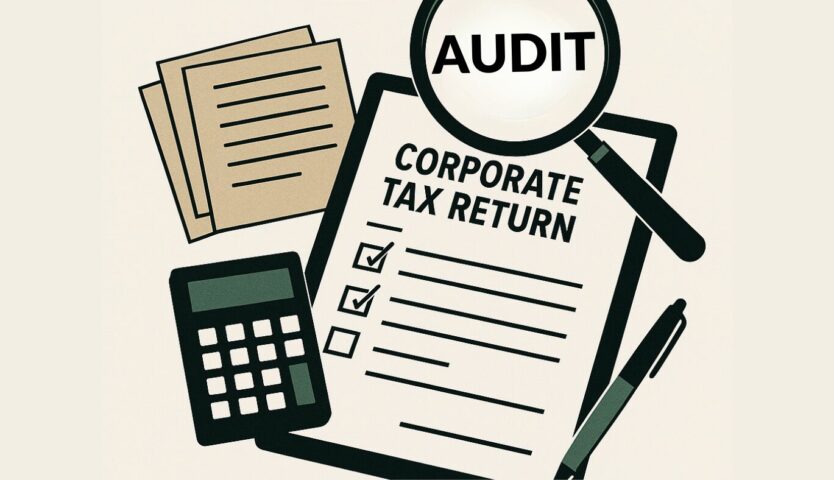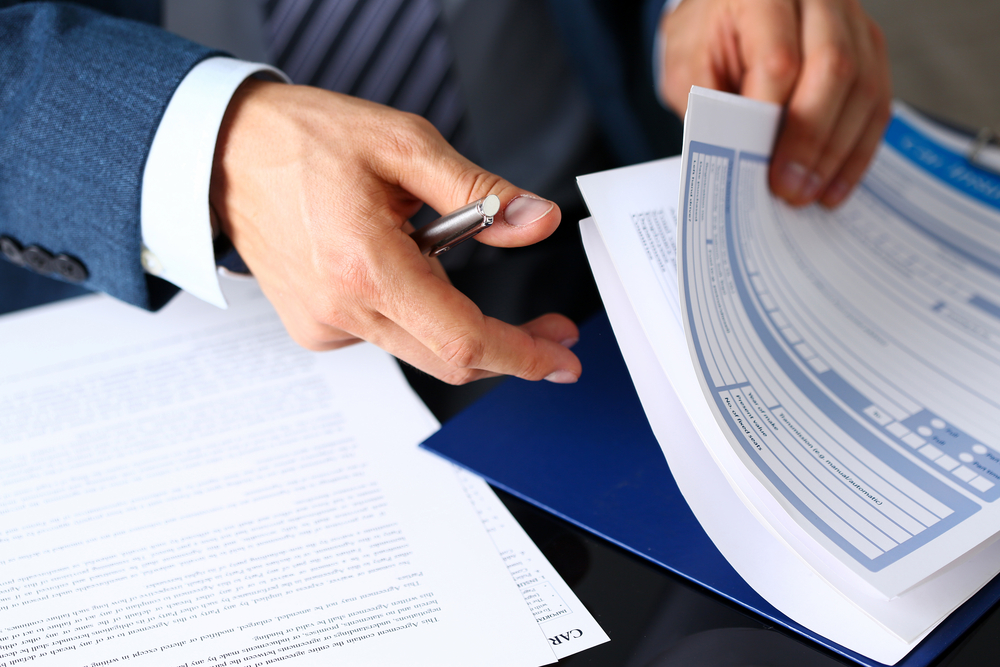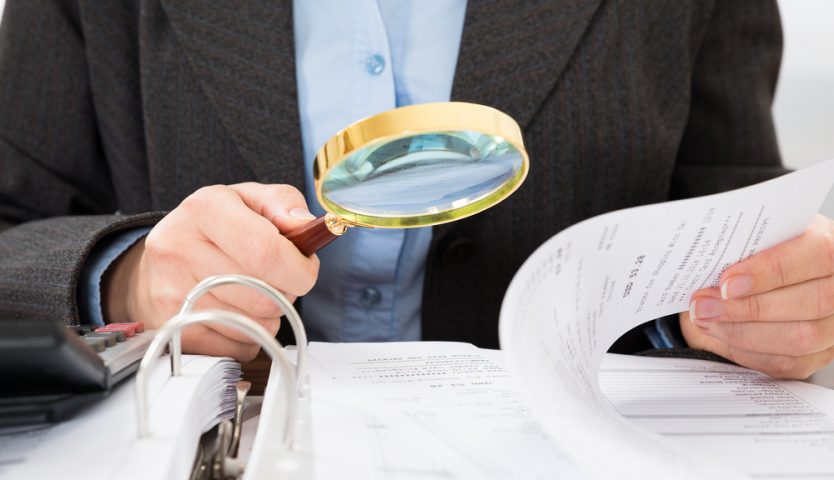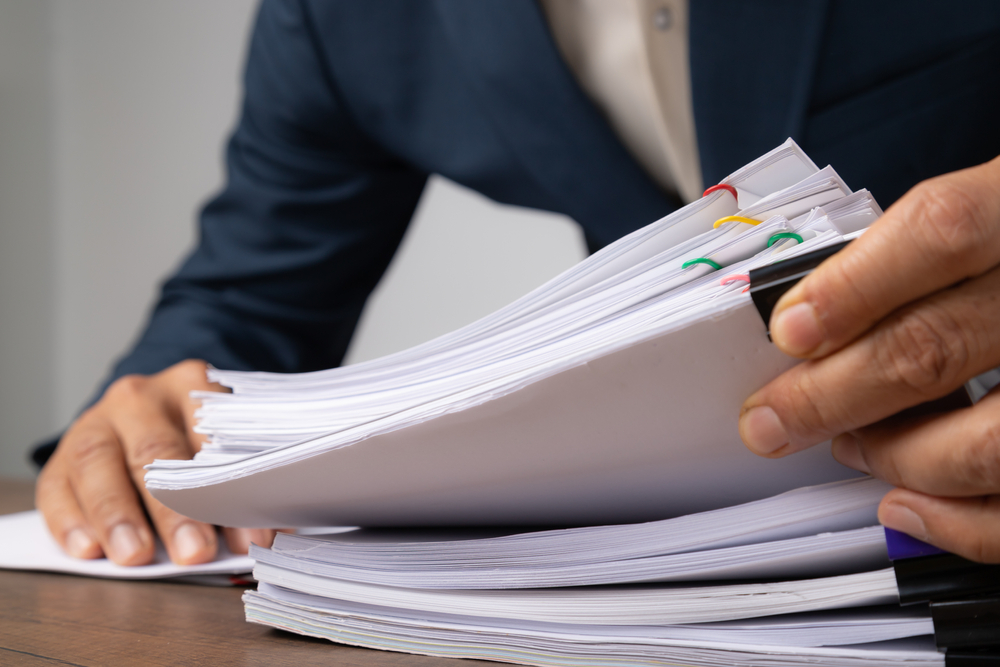
Getting audited by the CRA isn’t something any business owner looks forward to, but being prepared can make all the difference.
If your corporate tax return is flagged for review, knowing what to expect and having your documents in order can help the process go more smoothly.
At Liu & Associates, we work with businesses of all sizes to help them stay compliant, confident, and ready.
Here’s what you should know should your corporate tax return under the CRA’s microscope.
What is a CRA Audit and Why Does It Happen?
A CRA audit is a review of your financial records to confirm that your corporate tax return is accurate.
It’s usually triggered by red flags like large deductions, unreported income, or inconsistencies between years.
Sometimes audits are random, but more often they result from patterns that don’t line up with industry norms.
The CRA may also compare your return with third-party data like T4s or contractor slips.
An audit doesn’t always mean you’ve done something wrong; it just means the CRA wants a closer look.
Common CRA Audit Triggers in Corporate Returns
The CRA uses data analysis to spot returns that don’t match expected patterns.
Certain red flags in your corporate tax return can increase your chances of being selected for an audit.
Knowing what these are can help you keep things clean and catch issues early.
Large or Unusual Expense Claims
Claiming expenses that are unusually high compared to your industry average can raise eyebrows.
The CRA may ask for proof that these costs were directly related to your business.
Vague or poorly documented expenses are one of the fastest ways to attract an audit.
Repeated Losses or Negative Net Income
If your business shows losses year after year, the CRA might question whether it’s a legitimate for-profit operation.
Repeated negative income suggests your corporate tax return may not reflect a sustainable business.
Auditors will want to understand how you’re operating and what your future projections look like.
Discrepancies Between GST Filings and Tax Returns
The CRA compares your GST/HST returns with your income tax filings to look for mismatches.
If reported sales don’t line up, it can lead to questions about underreporting or errors.
Even small inconsistencies can prompt a deeper review.
What To Do If You’re Audited
Getting that audit letter can feel overwhelming, but staying organized and responsive will help keep things under control.
The CRA outlines exactly what they need, and your job is to provide clear, accurate information without delay.
- Read the Audit Letter Carefully: It will explain what’s being audited, what documents are required, and the deadline for your response.
- Gather All Requested Documents: Pull bank statements, receipts, invoices, and anything else that supports the figures in your corporate tax return.
- Respond Promptly: Delays can complicate the process or even lead to penalties, so it’s important to meet all deadlines.
- Cooperate With the Auditor: Be professional, stick to the facts, and don’t volunteer extra information outside of what was requested.
Review the Audit Results Carefully: When the CRA shares their findings, go over the details to confirm everything is accurate and nothing is misunderstood. - Dispute the Results if Needed: If you disagree with the outcome, you have the right to appeal or request a second-level review.
An audit doesn’t have to be a disaster, especially if you stay organized, communicate clearly, and get expert help when needed.
How to Audit-Proof Your Business Financials
While no business is completely immune to audits, you can reduce your risk by building strong financial habits.
Accurate, transparent records show the CRA that you take compliance seriously.
These small, consistent practices can go a long way toward keeping your corporate tax return audit-ready.
Keep Accurate and Timely Records
Track every transaction and store your receipts, invoices, and contracts in an organized way.
Waiting until year-end increases the risk of missing or incorrect entries.
Real-time bookkeeping makes it easier to respond confidently if you’re ever audited.
Reconcile Accounts Regularly
Make it a routine to compare your records against bank statements, credit cards, and vendor accounts.
This helps catch mistakes or fraud before they turn into bigger issues.
Frequent reconciliation keeps your books clean and your numbers reliable.
Separate Business and Personal Expenses
Mixing personal and business spending creates confusion and can lead to disallowed deductions.
Use separate bank accounts and credit cards for business transactions.
This clear boundary makes your records easier to follow and strengthens your case during a review.
Hire an Accounting Professional
Working with a qualified accountant helps you stay compliant and avoid common errors.
They’ll help you track expenses correctly, file returns accurately, and prepare for CRA reviews.
Professional support gives you peace of mind and saves time when things get complex.
How a Professional Accountant Helps You Stay Ready
An experienced accountant doesn’t just file your taxes; they help you build a strong financial foundation.
With the right support, your corporate tax return is more likely to pass CRA scrutiny without surprises or stress.
- Identifies Risk Areas Before the CRA Does: Accountants are trained to spot audit triggers like unusual deductions or mismatched filings before they become a problem.
- Prepares Clean and Defensible Financial Statements: Your books are organized, accurate, and backed by proper documentation, making them easier to review if audited.
- Manages Documentation and Receipts: They help you set up systems to store, categorize, and retrieve records when needed, saving you time and headaches later.
- Represents You During the Audit: If the CRA comes knocking, your accountant can communicate directly with the auditor, clarify questions, and defend your return.
Having someone in your corner who understands the CRA’s process makes a big difference.
A professional accountant helps you stay focused on running your business, not scrambling during tax season.
Stay Ahead of the CRA: Get Support For Your Corporate Tax Return
Facing an audit or just want to reduce your risk?
The right accounting support can make all the difference.
At Liu & Associates, we help businesses stay compliant, organized, and ready for whatever comes.
Contact us today to book a consultation and get expert help with your corporate tax return.












 Nowadays, business and their employees are connected more than ever– allowing increased flexibility when, where and how people complete their work. Also there is a rising number of people whose main income is self-employment, which has blurred the lines between are personal spaces and the workspace.
Nowadays, business and their employees are connected more than ever– allowing increased flexibility when, where and how people complete their work. Also there is a rising number of people whose main income is self-employment, which has blurred the lines between are personal spaces and the workspace.